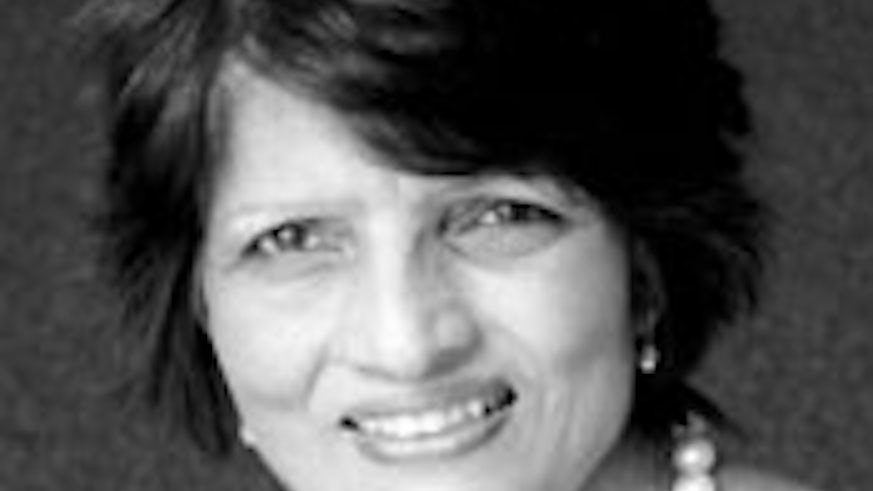World scientists and clinicians convene to tackle developmental disorders
30 September 2013

The UK's first international Neurofibromatoses and Rasopathy meeting is to be hosted jointly by the Institute of Cancer and Genetics and the Wales Gene Park at Cardiff University.
The meeting will bring together leading scientists, clinicians, researchers and trainee health care professionals in the field of genetics, cancer, neurology, dermatology and biomedical sciences from across the world.
The aim of the conference is to ensure that health professionals and scientists are kept abreast of any new developments in clinical practice.
Rasopathies are a class of developmental disorders with overlapping clinical features as well as genetic mutations. Rasopathies are associated with dysregulation of the RAS-MAPK (Ras/mitogen activated protein kinase) signalling pathway, an important pathway in humans as it is related to nine different genetic conditions.
The overlapping clinical features in these conditions include facial dysmorphism, abnormalities involving pigmentation, cardiovascular and skeletal systems, learning problems and a high risk of malignancy. The conference will promote knowledge, understanding and interest in genetics of medicine. It would foster interaction and collaboration amongst different health professionals.
Spanning two days from the 30 September to 1 October 2013, and hosted by the Institute of Cancer and Genetics and the Wales Gene park, the conference will see over 25 oral presentations highlighting the latest research in genetics, cancer and biomedical sciences from across the world. Its aim is to further knowledge and research and to disseminate the latest advances in the biology of Neurofibromatoses and Rasopathies, potentially affecting over 50,000 people in the UK.
The conference has been funded by related charities as well as individual donations. The information presented at the conference would be vital for the understanding of the role of molecular genetics testing and diagnosis in Rasopathies.
This conference will provide a forum for international researchers, geneticists and genetic counsellors, physicians, oncologists, endocrinologists, dermatologists, psychiatrists, molecular and cellular biologists, general practitioners and members of lay groups. It is hoped that these groups will be able to share and discuss science and clinical issues in order to put in place a solid framework for future research and best practices for individuals with the syndromes. The proceedings of this conference will be published in a peer reviewed scientific journal.
Professor Upadhyaya who has organised this meeting, said: we are delighted to host this meeting for the first time in Wales. We are honoured to have outstanding speakers who have expertise in basic, clinical and translational research. It is anticipated that the exchange of scientific and clinical information will lead to the improvement of quality of life for the rasopathy patients
Professor Upadhyaya of Cardiff University has been involved in neurofibromatosis type 1 (NF1) research since 1986 and her research group has made significant contributions to the mapping and cloning of the NF1 gene, characterisation and functional analysis of NF1 germline and somatic mutations, genotype phenotype correlations and identification of biomarkers and therapeutic targets for NF1 malignancy. Prof Upadhyaya is also involved in the molecular analysis of Legius and Noonan syndrome.
Professor Vic Riccardi, a pioneer in the field who will join the conference from California, said:
"The RAS pathway, a central theme to the conference, is an important control switch: when it appears to be stuck in either the 'On' or 'Off' position, we have a disease, a Rasopathy. This very exciting and thought-provoking conference documents that very often a genetic disease cannot be fully explained by a single gene. Genes cooperate and interact and the Rasopathies is making this overwhelmingly clear and I am truly looking forward to this meeting."